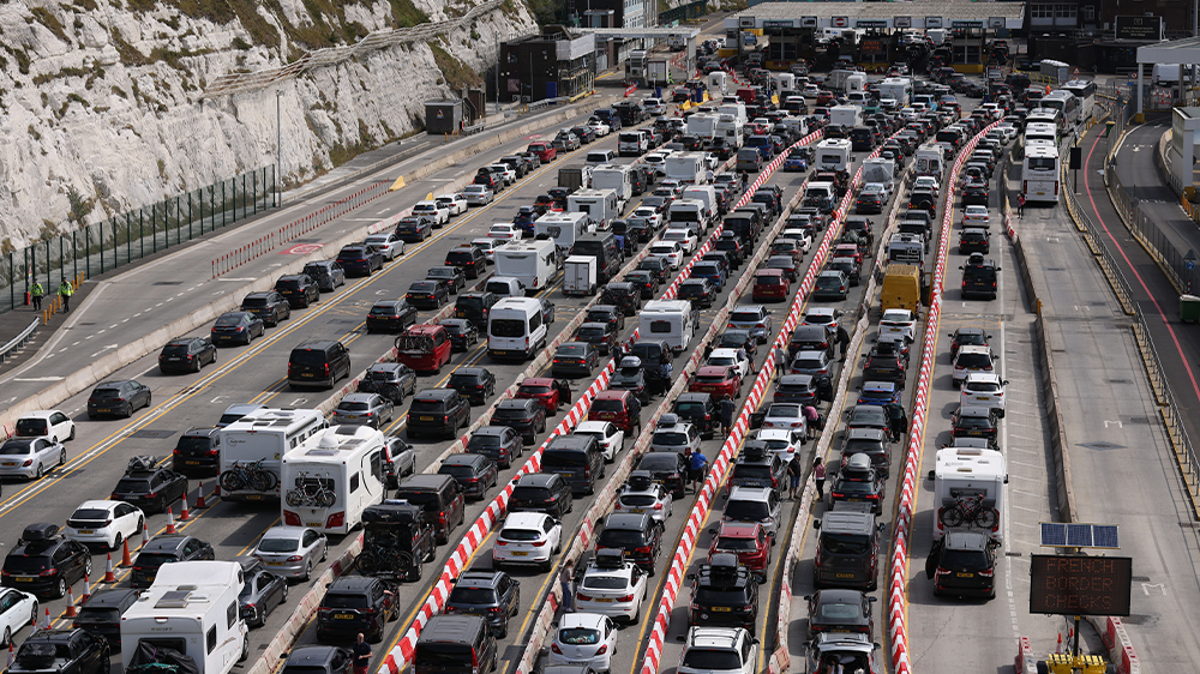
French school trips to the UK have been halted by Brexit visa issues, according to reports.
Many leaders of French schools say regulations have become so complex and the Home Office increasingly unwelcoming that they are choosing to organise school trips to Ireland instead, The Times reports.
School leaders have described a number of issues complicating such school trips since the UK left the European Union.
Firstly, the requirement for EU visitors to have a passport post-Brexit. Before this, visitors could enter Britain by showing a national identity card and given that many French families do not have passports as they’re not needed to travel in Europe’s border-free zone, pupils now need a passport to enter the UK.
This comes at a cost of €17 for under-15s, rising to €42 for those aged 15 to 18 and €86 for adults.
The second issue is pupils from countries outside the EU who need a visa to enter the EU, which is common given that 7.7 per cent of France’s population is not French. The visa costs €118 and families must travel to an application centre in Paris or other major cities to request one.
“Because of Brexit, it’s too restrictive and onerous to go to our English neighbours. You need a passport for each pupil, which is an additional cost for families,” Didier Rys, head of Vauban Lycée in Aire-sur-la-Lys in northern France, told La Voix du Nord.
The newspaper said Ireland was viewed as an alternative by schools because “they speak English and you don’t need a passport”.
Edward Hisbergues, the director of PG Trips, a company which has been organising school trips to the UK since the 1980s, said the Home Office regularly refused visa applications from pupils wanting to join class trips to the UK.
“The families travel to the visa application centre and that can take an enormous amount of time and money if you live in a small village in the Dordogne or somewhere like that. They pay for the visa application but they don’t get their money back if it is refused. It’s very dissuasive.”
Mr Hisbergues added that Home Office plans for the Electronic Travel Authorisation (ETA) scheme as part of the induction of digital borders in Britain could make school trips from the continent even more difficult and will see visitors have to request online authorisation before travelling as well as pay a fee.
“They already tear their hair out trying to get parents to provide the documents to authorise their children to leave France, properly signed with the right photocopies. Now [the teachers] are going to have to make sure they do the ETAs as well. The journey to Ireland may cost more, but it’s simpler,” Mr Hisbergues said.







